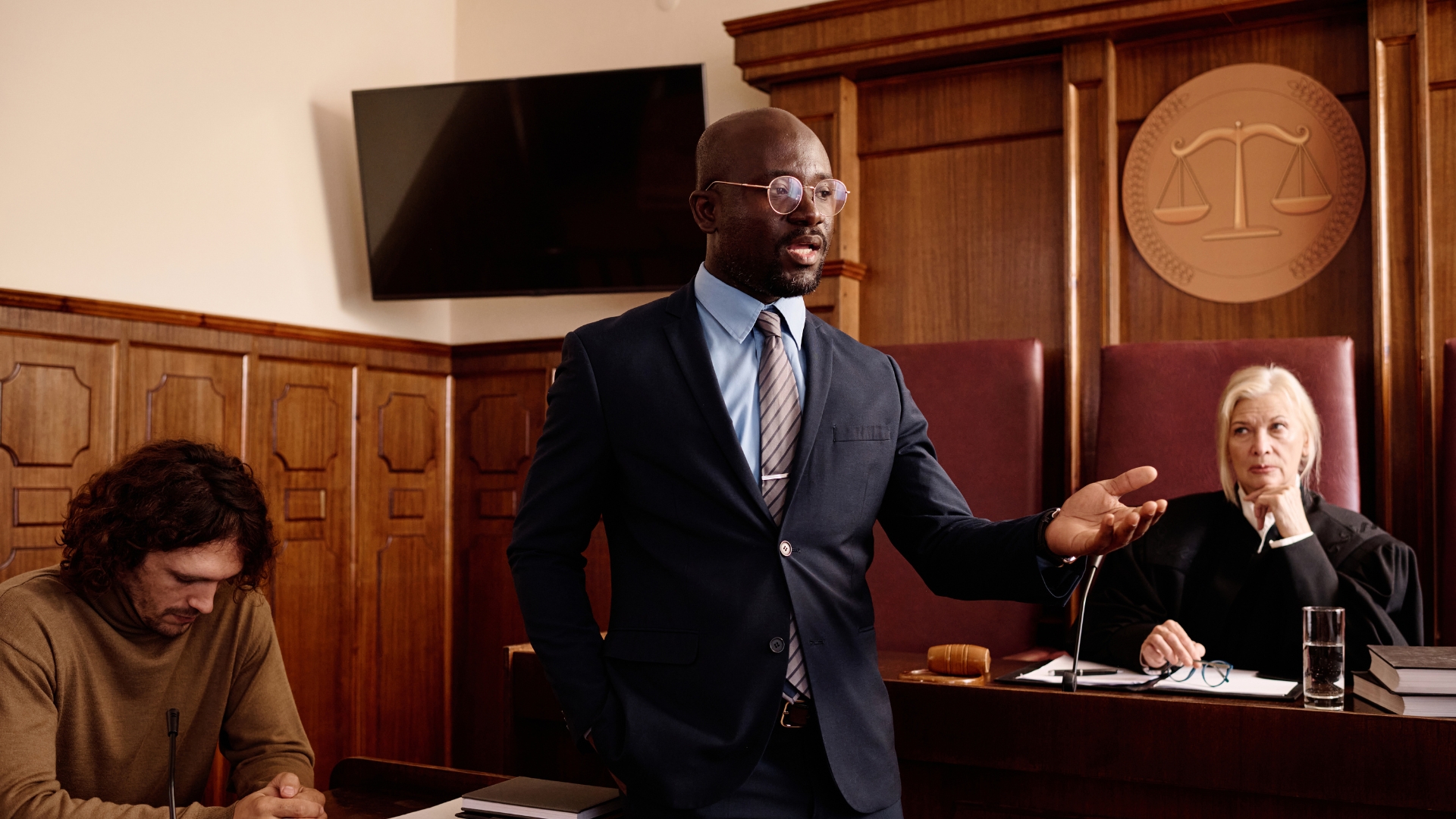
The role of a criminal defense lawyer is pivotal in ensuring justice within the legal system. One of the most challenging aspects of this role is defending clients who are guilty of the charges against them. Despite the inherent complexities, criminal defense attorneys are committed to upholding the principles of due process and providing a robust defense for every client.
The Ethical Framework of Criminal Defense
The Presumption of Innocence
In the legal system, every individual is presumed innocent until proven guilty. This fundamental principle requires defense attorneys to approach each case with the assumption that their client is innocent and to ensure that the prosecution meets its burden of proof.
Constitutional Rights
Defense attorneys are tasked with protecting their clients’ constitutional rights, including the right to a fair trial, the right to remain silent, and the right to be free from unlawful searches and seizures. These rights are crucial for maintaining the integrity of the legal process and preventing miscarriages of justice.
Strategies for Defending a Guilty Client
Ensuring a Fair Trial
Even if a client is guilty, it is essential to ensure that the trial process is fair and that all legal procedures are followed. This includes challenging any procedural errors or violations of the defendant’s rights that could impact the outcome of the case.
Negotiating Plea Deals
One common strategy is to negotiate a plea deal with the prosecution. A plea deal can result in reduced charges or a lighter sentence in exchange for a guilty plea. This approach can be beneficial for clients who are willing to accept responsibility while seeking to minimize the legal consequences.
Exploring Sentencing Alternatives
For clients who are guilty, exploring alternative sentencing options can be a crucial strategy. This might include advocating for probation, community service, or rehabilitation programs instead of incarceration. Alternative sentencing can often lead to better long-term outcomes and provide clients with opportunities for reform.
Challenging Evidence
Defense attorneys can challenge the prosecution’s evidence on grounds of admissibility, relevance, or reliability. This includes questioning the legality of evidence collection methods, the credibility of witnesses, or the accuracy of forensic analysis. By scrutinizing the evidence, defense attorneys can potentially weaken the prosecution’s case.
The Role of Mitigating Factors
Personal and Social Circumstances
Mitigating factors play a significant role in criminal defense. Defense attorneys can present evidence of their client’s personal and social circumstances, such as mental health issues, substance abuse problems, or difficult upbringing. These factors can help in advocating for a more lenient sentence or alternative sentencing options.
Rehabilitation and Remorse
Demonstrating genuine remorse and a commitment to rehabilitation can be powerful in influencing sentencing. Defense attorneys may present evidence of the client’s efforts to address underlying issues, such as participation in counseling or substance abuse treatment. This can help to portray the client as someone who is taking steps toward positive change.
Ethical Considerations in Defending the Guilty
The Lawyer’s Duty
Criminal defense lawyers have an ethical duty to provide competent and zealous representation, regardless of the client’s guilt. This commitment ensures that the legal system operates fairly and that every individual receives a thorough and effective defense.
Balancing Advocacy and Justice
Defending a guilty client requires balancing the duty to advocate for the client with the broader interests of justice. Lawyers must navigate the complexities of the legal system while upholding ethical standards and ensuring that their actions do not undermine the pursuit of truth.
Confidentiality and Client Communication
Maintaining client confidentiality is a cornerstone of the attorney-client relationship. Defense attorneys must safeguard all communications with their clients and avoid disclosing any information that could harm the client’s case or legal standing.
Conclusion
Defending a guilty client presents unique challenges for criminal defense lawyers, requiring a deep understanding of legal principles, strategic acumen, and a steadfast commitment to ethical standards. By ensuring a fair trial, negotiating plea deals, exploring sentencing alternatives, and presenting mitigating factors, defense attorneys play a crucial role in the criminal justice system. Their efforts help to uphold the integrity of the legal process and ensure that justice is served in a manner that respects the rights of all individuals involved.
For further insights into criminal defense strategies and ethical considerations, legal professionals and interested parties are encouraged to explore additional resources and case studies within the field of criminal law.